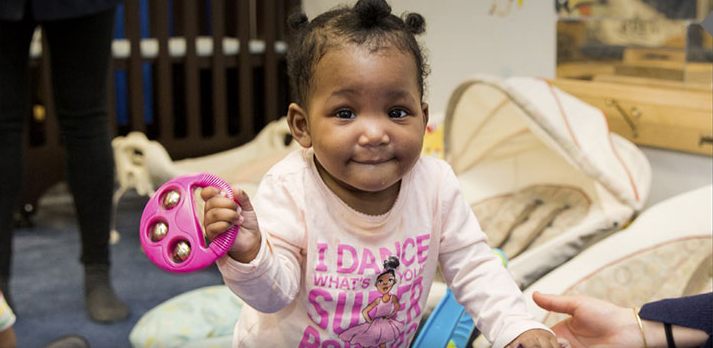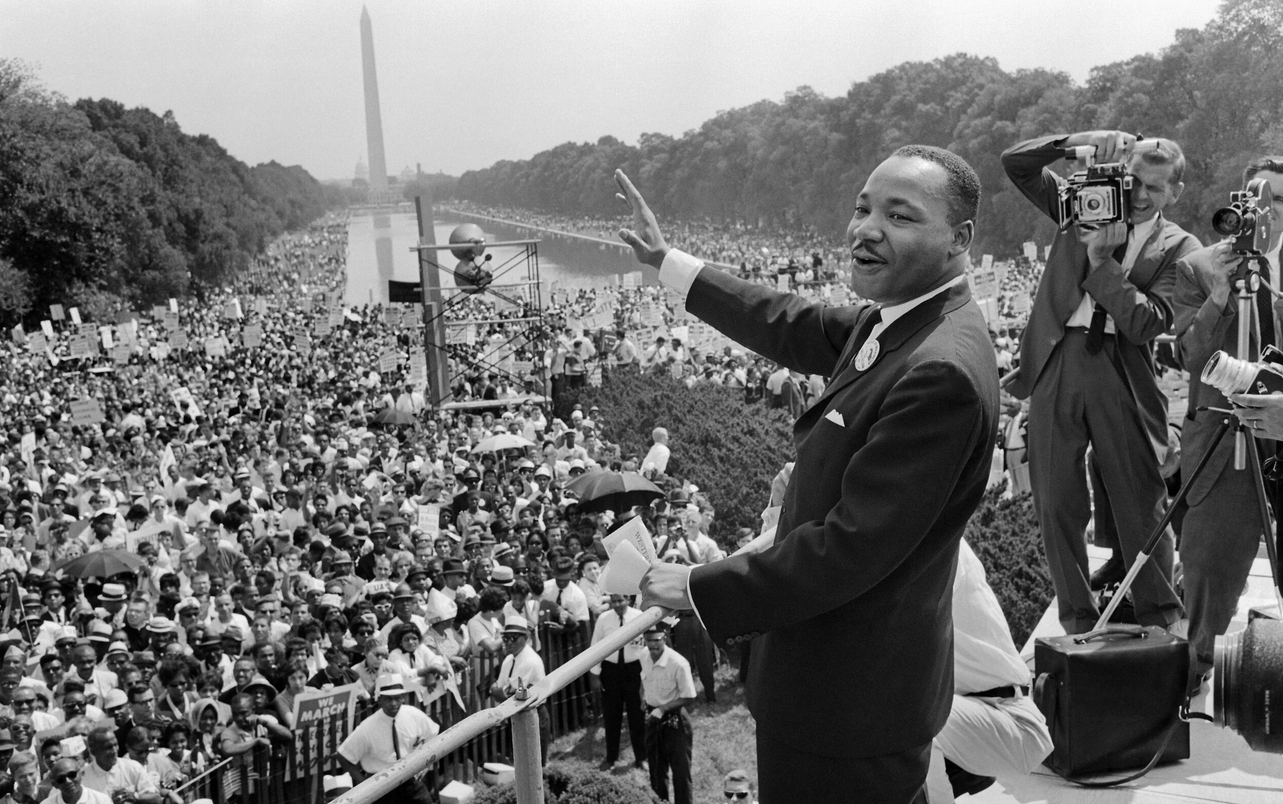[COVID-19\Blacks & Latino Rates]
Williams: “From both the city and the state, the data released consistently shows that New Yorkers killed by COVID-19 are disproportionately Black or Latino – in New York City, over 60%.”
Photo: YouTube
Public Advocate Jumaane D. Williams released the following statement on the racial disparity in the impact of the COVID-19 public health crisis after the city and state released data showing the fatality rates of the virus by race.
“The data we see today confirms and reinforces what we’ve seen over years and decades of systemic inequities. These ingrained injustices have always been there, often ignored by many in power, but these numbers show the harsh truth – the bias has a body count.
“From both the city and the state, the data released consistently shows that New Yorkers killed by COVID-19 are disproportionately Black or Latino – in New York City, over 60%. But even these statistics are incomplete and undercounted – city data shows that in as high as 37% of fatalities, race is unknown. As I have said, we need to know the racial breakdown in rates of testing and of positive confirmed cases to find and correct these clear failures. The coronavirus may not discriminate, but the response, or lack of response, clearly has.
“It’s not enough to have this disparity confirmed, it needs to be confronted through a more concerted effort. But instead, today the Administration continues to stubbornly resist the bold measures needed to better protect underserved communities of more color and our frontline workers who are disproportionately from these communities.
“As I have consistently said, we need to implement a clear lockdown to slow the rate of spread in these neighborhoods and around our city. We need to drastically expand resources such as testing and masks while redefining which businesses and workers are considered essential. And in our response to and recovery from this pandemic, we need to do the hard work of addressing the injustices and inequities in our systems that have been further exposed and exacerbated by this crisis. We cannot sanitize a history of neglecting communities of more color, cannot mask the resource inequality and inherent biases that spurred the spread of the virus, cannot undo the human cost of these failures. But now, we can work to strengthen communities and save lives.”








